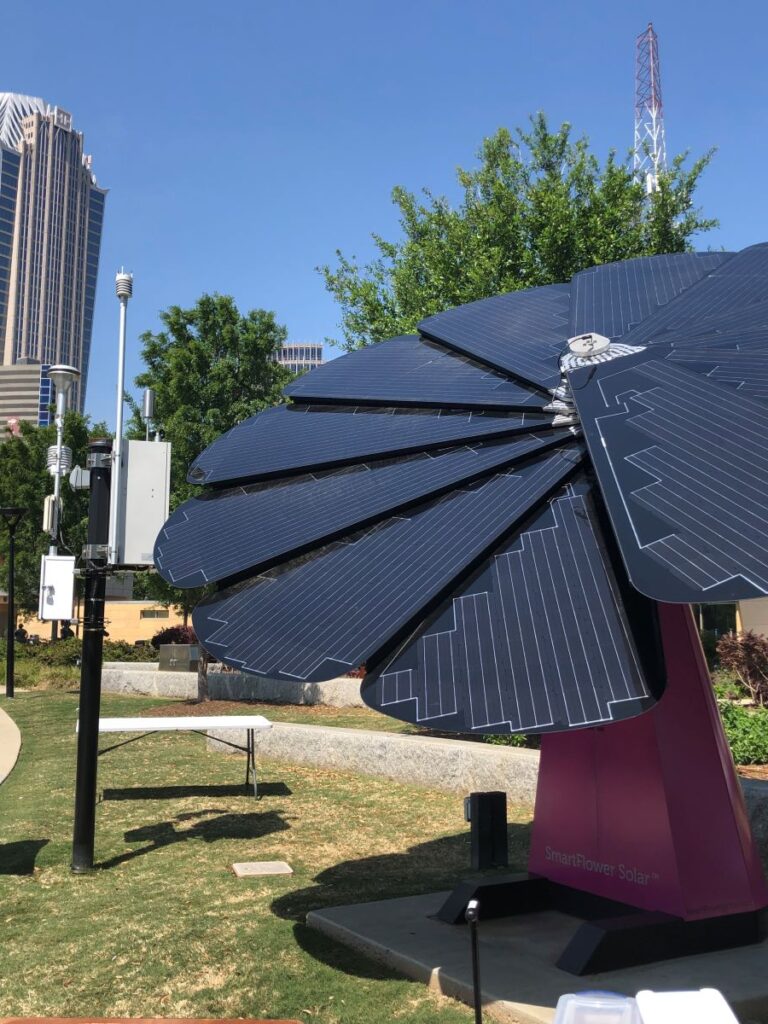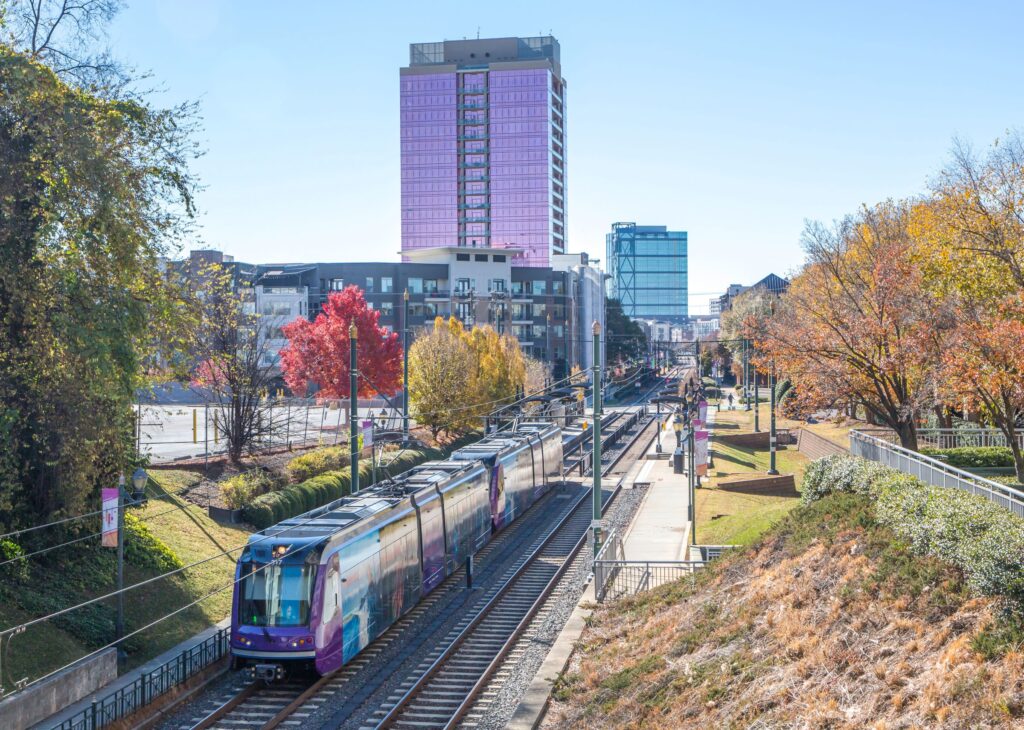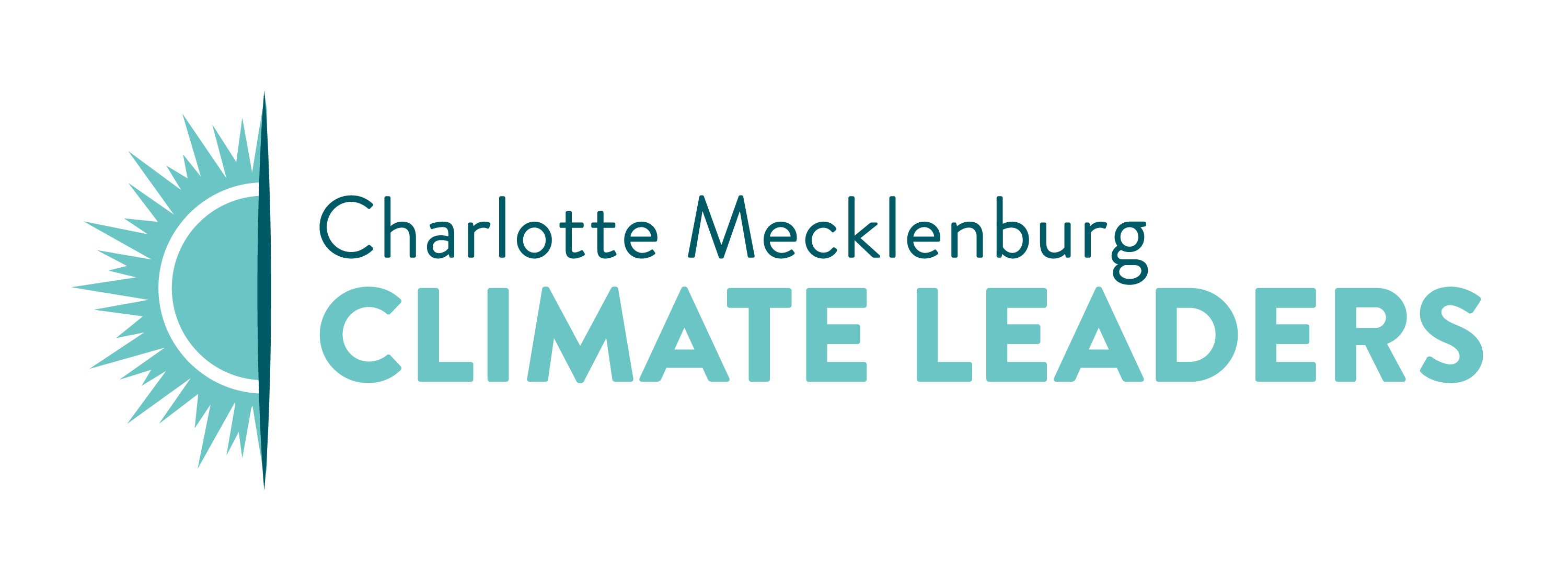Our Principles



Our principles are the heart of what we stand for:
Clean Energy
We oppose continued use of fossil fuels and directed biogas from hog waste to generate electricity in North Carolina. These fuels have left a legacy of air and water pollution and serious health impacts that have disproportionately affected low-income people and communities of color and continue to do so today.
We support an NC Carbon Plan that utilizes our full solar and offshore wind potential, sets ambitious timelines for closing dirty power plants, and heavily relies on input from communities and labor. CMCL and its partners continue to advocate for inclusion of renewable energy sources, battery storage, and deep energy retrofits and oppose the build out of fossil gas plants.
We support former Governor Roy Cooper’s NC Clean Energy Plan, published in 2019, to address the increasing threat caused by climate change to the health, safety, and prosperity of North Carolinians. The Clean Energy Plan Goals are designed to:
- Reduce electric power sector greenhouse gas emissions by 70% below 2005 levels by 2030 and attain carbon neutrality by 2050
- Foster long-term energy affordability and price stability for North Carolina’s residents and businesses by modernizing regulatory and planning processes
- Accelerate clean energy innovation, development, and deployment to create economic opportunities for both rural and urban areas of the state.
Multi-Modal Transportation
We oppose highway expansion, especially in urban areas home to Black and Brown communities and suburban areas near threatened natural areas that lead to sprawling development. (see Environmental Justice)
We support a strong multi-modal transportation system, which reduces the number of single-occupancy vehicles on our road system. We also support the City of Charlotte’s Strategic Mobility Plan, which establishes a 50-50 mode share aspiration to be a community that balances our mobility choices (bike/pedestrian, public transportation) and transitions away from a dependency on the car for most of our travel needs.
We support the bus fleet transitions of Charlotte Area Transit System (CATS) from diesel to electric, and will collaborate with them to meet their goals.
We support the CONNECT Beyond Regional Transit Plan, which includes:
- demand management policies, such as reduced transit fares, free transfers, and increased and improved Park & Ride locations, as well as working with employers to offer transit benefits, allow more teleworking and flextime, and offer a parking cash-out,
- land use policies that create home and business opportunities around passenger rail, light rail, and bus rapid transit stations, as well as around other major transit corridors, and
- affordable housing investments and programs targeted at areas closer to jobs, transit, and other amenities.
Local Policy
We support the City of Charlotte’s Strategic Energy Action Plan (SEAP), which strives to have the city fleet and facilities fueled by 100% zero-carbon sources by 2030. It also sets a community-wide goal for Charlotte to become a low-carbon city by 2050 by reducing greenhouse gas emissions to below 2 tons of CO2 equivalent per person annually. We are committed to working with the City and have encouraged them to revise the SEAP as needed. In April 2025, the Charlotte City Council is expected to adopt an updated SEAP+. Members of our coalition were engaged in that process. We expect to advocate for increased funding to enable the SEAP+ goals to be met on time.
We support Mecklenburg County’s Environmental Leadership Action Plan, including the transition of county facilities and fleet to net-zero carbon energy sources by 2035.
We support a transition to clean energy for buildings and facilities and the replacement of diesel- and propane-fueled school buses with electric school buses in Charlotte Mecklenburg Schools (CMS).
We advocate for policies that support the preservation of natural areas, our dwindling tree canopy, county farmland and for more funding for parks and greenways.
Environmental Justice
We strongly support policies that benefit historically underserved Black and Brown communities in Charlotte and Mecklenburg County.
We are currently working with Transforming Nations Ford, a community development nonprofit, to support their efforts to inform residents of this predominantly low-wealth, minority community on the planned expansion of I-77 south of uptown and the multiple ways it will impact them. CMCL’s transportation committee is actively researching specific impacts as the interstate expands from six lanes to ten adding four toll lanes.
In addition to supporting Transforming Nations Ford, we support CleanAIRE NC‘s partnership with residents of Charlotte’s Historic West End to create the shared goal of developing a Green District designed to improve air quality and health, reduce emissions, and advance equity. Strategies such as installation of electric vehicle charging stations, increasing the tree canopy and other green infrastructure, and continuing to monitor air pollution is creating a model for other communities dealing with the impacts of climate change.
Join Us
Together we are improving the health of our communities by advocating for equitable clean energy, carbon-reduction strategies, and climate justice.
